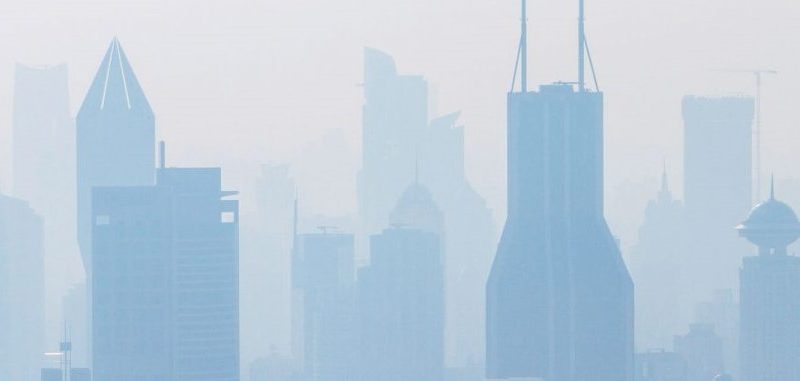Sulphide stench fills the air in Gauteng. Why?
Gauteng residents have experienced a sulphide stench from early Saturday morning. The cause of the smell is not unknown as well as its origins.
Gauteng Air Quality Management director Jacob Legadima says the smell is transported by the wind and can be smelled also in Mpumalanga and the Free State.
Gauteng residents have been complaining of the horrible stench from Saturday morning but Legadima says the hydrogen sulphide smell affecting millions of residents in Gauteng will pass.
“Weather conditions play a role in transporting the smell. It is a situation influenced by the weather, it will not stay forever,” says Legadima.
“The smell is hydrogen sulphide, type of smell that comes from the petroleum refineries, sewage processing plants.”
Legadima says “hydrogen sulfide is harmful in enclosures. In open space, it is a nuisance. I cannot give a guarantee that it can kill somebody. It is not a good smell it creates a nuisance.”
North-West University Professional in the Unit for Environmental Science Professor Roelof Burger explains the impact the different levels would have: “I think this is not something we should be worried about. The fact that you can smell it doesn’t mean it’s at high concentration.”
Gauteng Weather shared on Twitter that there are high-risk groups that may be affected negatively by the air quality. The tweet shared a list which contained asthmatics, those with lung disease and those with heart diseases.
Gauteng Weather issued the following warning tweet on 17 February, alerting certain groups that may be affected by the unhealthy air:
- ALERT: UNHEALTHY AIR QUALITY LEVEL FOR SENSITIVE GROUPS in GAUTENG WEDNESDAY, as SULPHUR STENCH CONTINUES!!!
- HIGH RISK GROUPS: •Children •Elderly •Asthmatics •Those with lung disease •Those with heart disease
- Air quality levels considered ‘OK’ for healthy adults
The Department of Agriculture and Rural Development has described the hydrogen sulphide (H2S) smell as smelling like rotten eggs. “The smell is more associated with petroleum refineries and other forms of refineries which has input raw materials. In the process, having hydrogen and Sulphur elements bonding to form hydrogen sulphide,” said Nozipho Hlabangana on behalf of the department.
“Refineries like petroleum are more likely to produce hydrogen sulphide which has a pungent rotten egg smell. The refineries have high tall stacks/chimneys for such emissions and most of the refineries control hydrogen sulphide by using flaring or catalytic flame control burners installed in the stack burning 24 hours while the operation is in progress,” explained Hlabangana.
“Weather conditions play a pivotal role in the atmosphere, for the last two or three weeks the rain has been too much and, to a certain extent, water droplets affected the flaring mechanism by lowering the flame efficiency and lowering the temperature around the stack which more likely to cause more of hydrogen sulphide get uncracked into the atmosphere.”
“The smell would be gone for now but depending on the weather conditions. If another inversion and cyclone are experienced again, the smell might come again. It is the conditions of atmospheric science and chemistry,” Hlabangana concluded.




